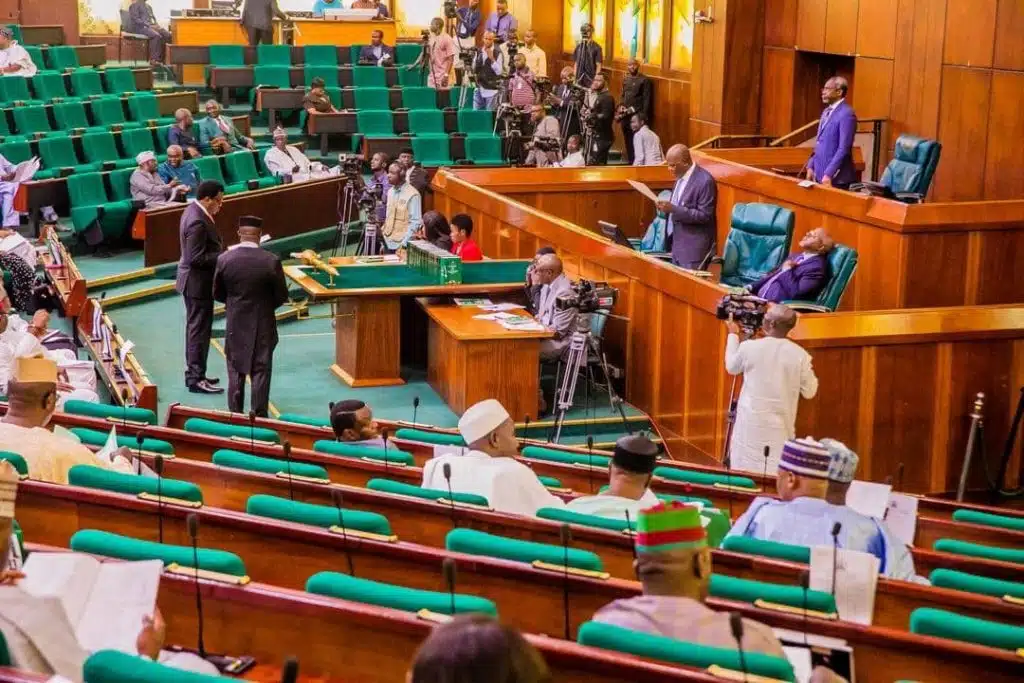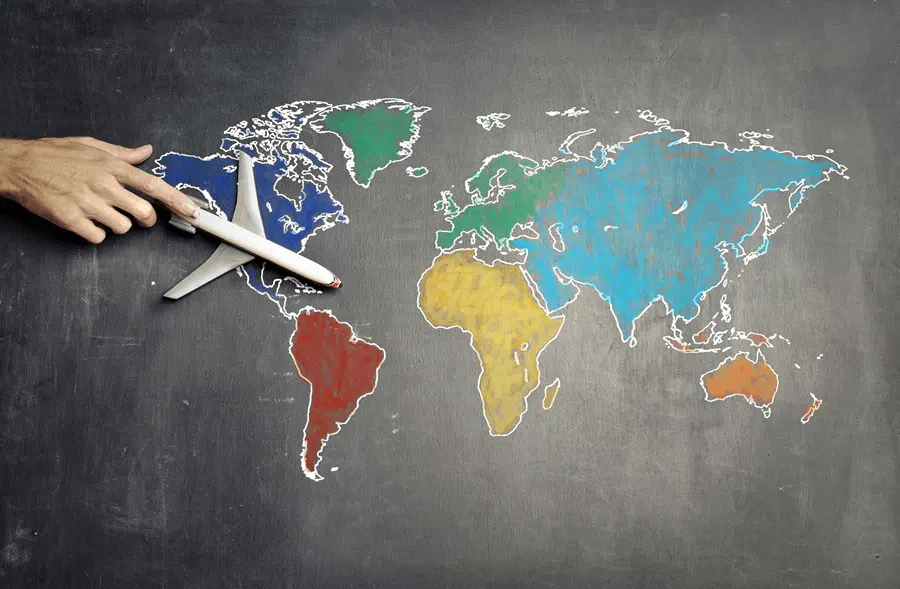Governance & Policy
Regulations, laws, directives and policies, that affect African startups, the financial sector, telecoms, cyber security, among others. It’s unpredictable nature either enables, stifles or is neutral on innovation
Top stories

Nigeria will launch two new startup funds via iDICE, boosting innovation amid economic challenges and growing competition.

New policies aim to modernise Nigeria’s IP system, expand digital trade under AfCFTA, and empower local innovators through stronger legal and financial frameworks.

Nigeria’s draft AI strategy is a starting point, and a strong one. But it cannot succeed unless it learns to speak our languages

With over 90% of gaming in countries like Uganda now online, regulators across Africa are tightening responsible gambling rules to protect players, ensure transparency, and boost investor confidence—making compliance key to licensing and long-term growth.

Ghana’s Cyber Security Authority is seeking policing powers in a proposed amendment, raising public concerns about potential government overreach.

Ghana’s proposed Domain Name Registry Act could make .gh domains mandatory for all businesses, with fines and sanctions for non-compliance.

Enugu’s digital push blends history and ambition—transforming from a coal city into a hub for tech, innovation, and human capital in Nigeria’s Southeast. Dive into the journey with government and the private sector

Many Nigerian freelancers and remote workers will start paying taxes for the first time in 2026 under the new Nigeria Tax Act. The law expands the tax net, requiring residents to declare and pay taxes on their worldwide income. Here’s all you need to know.

ChatGPT subscription price for Nigerians will now increase as OpenAI complies with VAT Act. Users will now include tax identification number to pay for the service.

CBN’s new agent banking rules, especially the exclusivity clause, could shrink agent flexibility, squeeze margins, and push Nigeria’s fintech sector toward consolidation.

The committee will work with regulators and security agencies to assess crypto and POS risks, aiming to balance financial innovation with consumer protection.

From April 2026, Nigerian POS agents can work with only one principal under new CBN rules aimed at enhancing security, fairness, and transparency in agent banking operations nationwide.

Meta is close to settling a $32.8m fine with Nigeria’s Data Protection Commission, after being accused of violating user privacy through behavioural ads on Facebook and Instagram.

Trump’s $100k H-1B visa fee may shake up global hiring, but Africa will barely feel the impact. may barely feel the impact. Here’s why the numbers tell a different story.

President Trump’s executive order imposing a $100,000 fee on new H-1B visas could reshape global talent mobility, presenting a unique opportunity for Africa’s tech sector if governments act.

The Kenyan Government imposed a 10% excise duty on all crypto transaction fees by exchanges. Here is what Tax experts in Kenya think

The Bank of Ghana has suspended remittance services of eight fintech firms, including Flutterwave and Tap Tap Send, for breaching 2023 inward remittance guidelines.

Pesapal has won a VAT exemption case in Kenya, a move that sets a major legal precedent for fintechs and limits KRA’s scope in taxing digital financial services.

Two months after Nigeria’s FCCPC ordered Meta to pay a $220m fine for data privacy violations, Meta’s platforms continue running in Nigeria.

Somalia has introduced an online visa system, allowing foreign nationals to apply digitally as part of efforts to simplify travel and improve border security.
